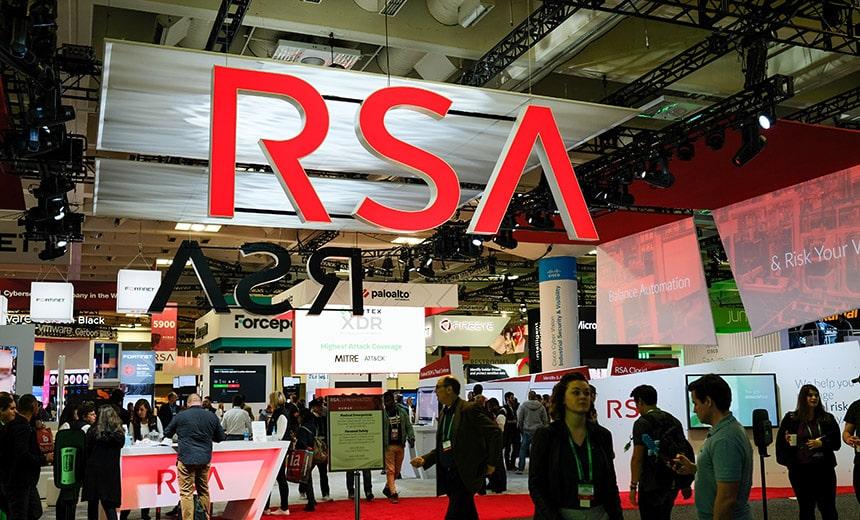

In June, the RSA Conference returned in-person for the first time since February 2020, bringing over 25,000 cybersecurity professionals and enthusiasts together in San Francisco.
From the safety and comfort of our home offices, the cybersecurity PR and marketing team at Alloy tuned in virtually to this year’s conference to learn about the latest and greatest threats. Here are some of the trends we were excited (or not so excited) to learn about this year:
Back to the basics
While RSA had some thinking about the future of cybersecurity, it’s clear that we still have a long way to go in solving the cybersecurity issues of today, with many sessions highlighting continued struggles with password security and authentication, phishing, and cybersecurity preparedness.
It’s still very essential for organizations to focus on the basics like improving password security and implementing multi-factor authentication, along with ensuring preparedness for cyberattacks with incident response and disaster recovery planning.
National security threats
Nation-state hacking was top of mind for government cybersecurity officials at this year’s RSA Conference, with cybersecurity experts like NSA Cybersecurity Director Rob Joyce warning of heightened nation-state threats from Russia, China, and Iranian hacking groups as a result of the Russia-Ukraine war.
With the midterm elections approaching, Joyce also warned of increased threats to election security, not only within our election infrastructure but also on campaigns, with the NSA urging campaigns to watch out for ransomware and other attacks.
But while these threats can be managed with proper security hygiene, some are not so simple, with Former CISA Director Chris Krebs sounding the alarm on “information disorder” – the spread of disinformation and misinformation that can threaten national security and society as a whole. Officials called on social media companies to take more responsibility for the spread of disinformation and misinformation on their platforms and the government to introduce new requirements to hold them accountable.
Cyber skills gap
Speakers highlighted the need to close the cybersecurity skills gap and boost cybersecurity hiring, with 38% of respondents in a survey from ESG Research reporting new security jobs remain open for weeks or even months. One potential solution? CISA chief of staff Kiersten Todt called for prioritizing practical experience like apprenticeships over college degrees.
What were you most excited about at this year’s conference? Contact us today to continue the conversation and learn about how Alloy helps its cybersecurity clients stand out at industry trade shows.